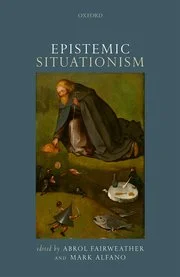Ethics, Morality, and Game Theory
/Game theory rests on assumptions about players’ preferences and their mutual expectations regarding everyone else’s behavior. From these sets of assumptions, game theorists derive predictions about the outcomes of interactions. Ethics, by contrast, is a normative discipline informed by reflection on moral behavior and attitudes. The application of game theory to ethics dates back to 1954 when Richard Braithway lectured on the “Theory of games as a tool for the moral philosopher." Elements of game theoretical reasoning about ethical problems, however, can already be found in the works of Thomas Hobbes and David Hume.
Game theory enables philosophers to apply mathematical rigor to questions of ethics. This is not welcomed by all. Robert Solomon, for instance, has opined that the use of game theory has been a disaster in ethics. He argues—quoting Aristotle as a witness—that formal thinking does not mix easily with the sensitivities essential to ethics. According to Solomon, the “rational” agent of game theory is a monster and thinking in terms of the maximization of self-interest, in contrast to doing the right thing unhesitantly, is to have one thought too many.





Mark Alfano. Cambridge University Press (2013).